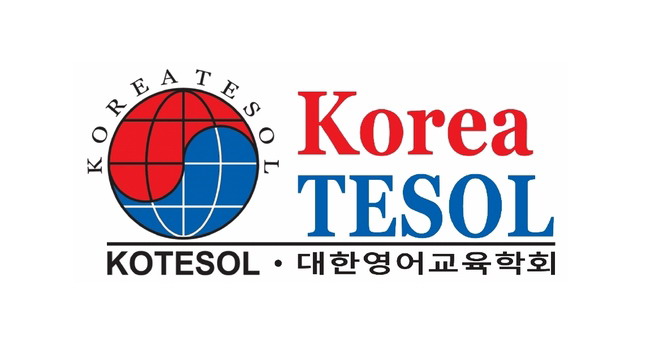Private Academies: Coping with COVID-19
Compiled by Dr. David E. Shaffer.
The coronavirus pandemic has encircled the globe, adversely affecting the lives of the entirety of its population. How it affects its residents, however, differs in many ways. For many expats involved in English language teaching in Korea, this has meant a sudden move from traditional classroom instruction to virtual, online teaching. A quick tutorial in educational technology appeared sufficient for language teaching to continue. But in the case of private language schools in the area, coping with the virus has presented different situations for different people that also require different responses. What follows are the accounts of three different members of the Gwangju-Jeonnam Chapter of KOTESOL and their encounters with the coronavirus situation: a private English academy (hagwon) owner-operator, a hagwon English teacher, and an English learning center owner-teacher.
A Hagwon Owner’s Perspective
Kat Sten is the owner of PEAK English Academy in Mokpo, about an hour south of Gwangju. She has been teaching in Korea for about eight years and has operated her academy since 2017. Here is her story.
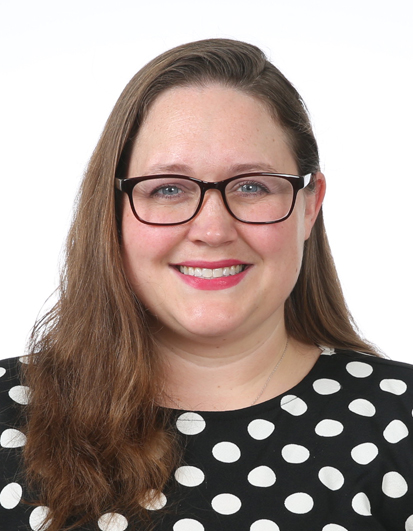
As a hagwon owner, I was quick to notice that COVID was beginning to affect my business back in January. Parents called me to express their concerns, and we reacted immediately by taking extra precautions: sanitizing all desks and materials between classes, requiring hand washing with soap and water immediately upon arrival, requiring anyone with a cough to wear a mask, and asking anyone vomiting or feverish to stay home. Honestly, most of it felt like common sense.
Then, the Shincheonji religious sect outbreak occurred, and panic exploded. My staff and I were in contact all weekend about what to do. There was no communication from the local Office of Education. We made the call to shut down Sunday night and announced it then to the parents of our students. The Office of Education gave the recommendation to shut down at 1 p.m. Monday, an hour before classes usually start. There appeared to be zero sense of urgency around a decision that affects hundreds of businesses across the city.
While closed, I kept my teachers working by recording online lessons and checking in with everyone. The start of public schools was delayed a week, but over 40 percent of the parents wanted us to reopen. We received daily messages from either the Office of Education, the Centers for Disease Control, or the hagwon association recommending that we close, but it was not a requirement. They did this so that if I chose to close, I was still responsible for paying my staff 70 percent of their regular salaries despite the hagwon having no revenue. I took a small salary in January. I did not pay myself anything in February or March. I watched my surplus drain to pay my teachers, rents, insurances, and other bills. The anxiety I experienced because of all those messages was intense. I urgently wanted someone to tell me what to do – to tell me, not ask me. I did not want it to be my choice to make. But the powers that be just pressured me: “We recommend you close.” “If you stay open and don’t follow all procedures, we will fine you or shut you down, but we can’t tell you exactly what procedures you’re expected to follow.” Many of my competitors were staying open. We talked about how we were being talked at from both ends, but no one could tell up from down.
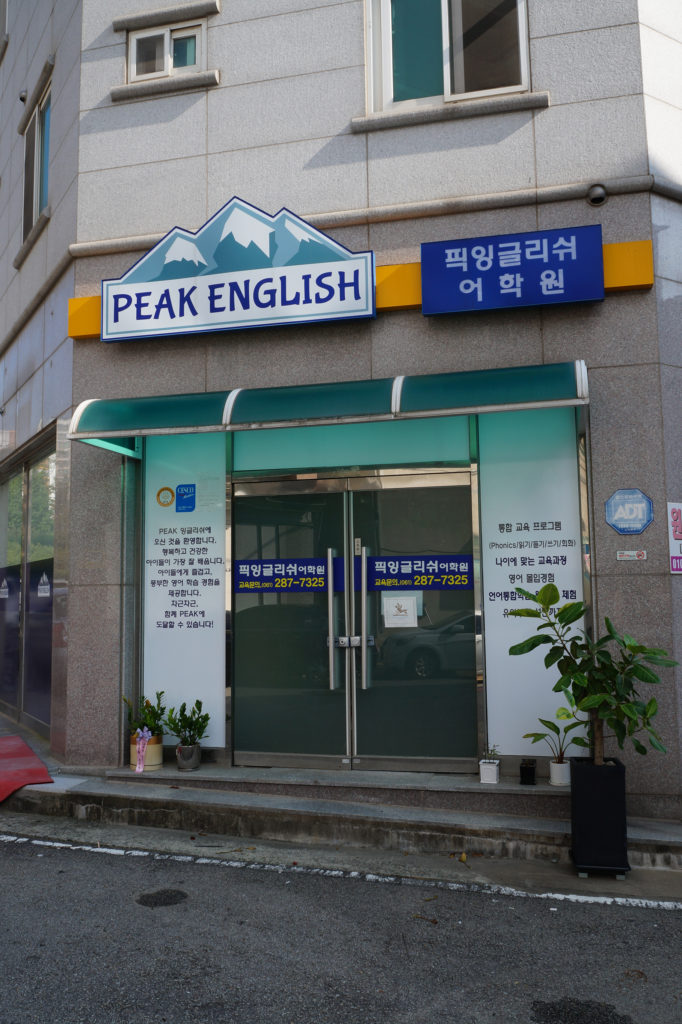
My family unexpectedly lost my mother-in-law in mid-March. Then the government delayed school for another two weeks. I lost it. The funeral had just ended. I screamed. I cried. I thought about packing it all in and declaring bankruptcy. I was not eligible for any of the loan packages available at the time. Either my business had not been open long enough, I did not have the right visa, or I did not have sufficient collateral.
I received a call directly from City Hall the Sunday before we were set to reopen. This was the first and only phone call I have received directly as a business owner. They recommended I shut down, and on the heels of the loss of my mother-in-law and everything going on, I just decided I did not want to fight anymore; we kept our doors closed. The Ministry of Education finally announced that public school classes would go online, but it felt too late and too short notice. We had already been offering online instruction since the end of February, and it was not very popular with the parents. It was really hard to put our schedule together because it typically revolves around the public school calendar. With online classes, there were so many unanswered questions. We called City Hall and the Office of Education several times before April 6, the date we had set to resume in-the-classroom teaching. City Hall told us we had to keep a visitor log and take everyone’s temperature, and to keep doing all the things that we were already doing. The Office of Education said, and I quote, “There are no rules. Call back on April 6, and maybe we will have some then.” I asked if we could know on April 5th. The reply was that they do not work weekends. I laughed. I did not realize that not working weekends was an option amidst this epidemic.
It really bothers me when people online trash-talk businesses for being open by saying, “I wish they would just follow the rules.” We business owners begged for some clear-cut rules to follow!
Recently, I finally got approved for a loan. I cannot tell you how relieved I was. I do not have to default on any payments for the month. Even if it takes until September or longer to find out what our “new normal” will look like, we will get there. The reality is that businesses will not bounce back until schools reopen. We are all suffering. My neighborhood shops, my students’ parents’ restaurants, hair salons, and coffee shops. Knowing that we are all in this together makes me want to support my community even more. Following safe social distancing protocols, of course.
Adjusting to Teaching in This Time of Crisis
Lynne has been teaching English as a foreign language in Korea for seventeen years. After teaching at a university for many years, she began teaching at a private academy in Gwangju this year. Here is her story.
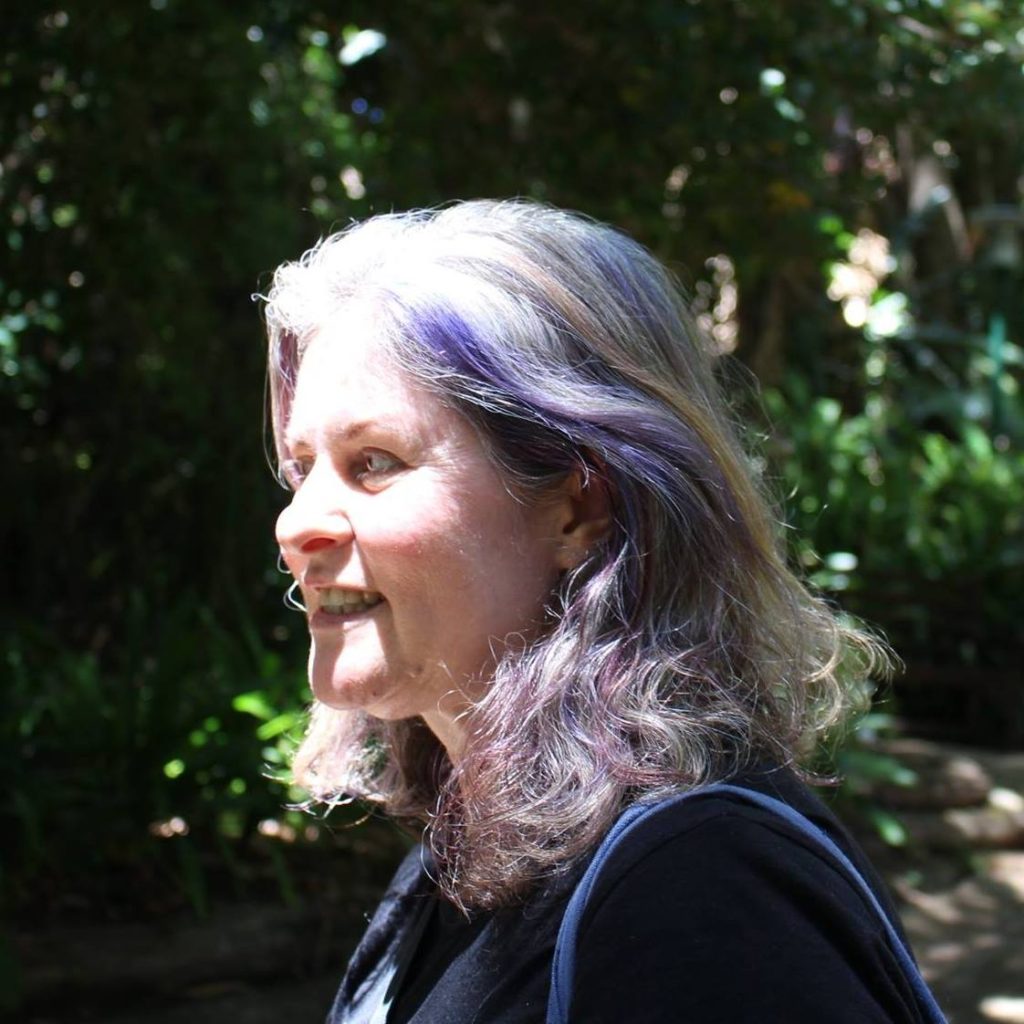
The biggest adjustment we truly had to make at our school because of COVID-19 was starting our new academic year one week later than normal. Since we are part of a private institute, we have not been teaching online at all. Our school was closed for only that one additional week of spring break for the students. The native-speaker teachers continued work throughout, with full pay.
We are not allowed at work without wearing a face mask. Teachers, students, and bus drivers, as well as any and all administration members, are now required to wear a mask at all times. We had to get used to a new teaching style: getting our teaching across without sounding muffled all the time, and listening and discerning the students’ responses through the filter of a mask.
At the beginning, it was also sometimes difficult to get a mask, but our school was a great help in this aspect as well. Government officials come for sudden inspections to ensure that this most basic rule is kept at all times.
We teachers check our temperature ourselves, twice a day at school. We record our temperature in a spreadsheet provided for this purpose. We need to report any recent meetings with anyone who has been tested for the new coronavirus. Withholding information can lead to imprisonment and a substantial fee. A few teachers have been in self-isolation concerning this very issue. They have had dealings with friends who informed them soon afterwards that a boyfriend or a family member had been tested for the virus. Even though in each case the person in question had been cleared of having this virus, the school asked the teachers to stay in self-isolation for at least one week, for obvious reasons.
Following each of these regulations ensures the safety of our work environment, for our students, and for everyone involved. Even though we have to follow more rules during this time of crisis, we teachers are experiencing a level of job security and normality that one would hope for under the circumstances.
Operating an English Learning Center
Jessica Magnusson is the owner-operator of a small English learning center in Gwangju, as well as being a professor at Gwangju National University of Education. She has been operating the learning center for three years and teaching at the university level for over a decade. Here is her story.

I rent a space for a small English school in the marketplace building of an apartment complex in west Gwangju. The school, Pine Tree English, is about six pyeong [20 sq. m.] in size. It is not big enough to be legally called a hagwon. It falls in the category of kyoseupso (교습소), which is a one-person operation where the teacher takes on all of the administrate duties and is only allowed to teach one subject. I have been doing this part-time in the evenings since 2017.
The Ministry of Education has been strongly urging, but not legally forcing hagwon and kyoseupso owners to close their schools from the end of February. Parents have also been encouraged to not send their children to hagwons and kyoseupsos through alert messages and also through the news. My school has been closed from February 23 due to COVID-19. In the early days of the virus in Korea, infections occurring in hagwons or among students and teachers made national news. Adding to the pressure were the constant alert messages from the government, many of them related to private education.
It would have been possible for me to open up my learning center at any time while adhering to strict guidelines, such as taking and recording student temperatures daily, disinfecting between classes, and making sure that students washed their hands upon entering the school. I was supplied with sanitizer from the Gwangju Seobu Office of Education. I would have had no problem following these guidelines. However, it would be very hard to implement social distancing due to the space limitation of my school. Many school owners have had to operate at only around 50 percent capacity due to the social distancing regulations. My plan is to open up again when all elementary, middle, and high school students return to their schools. I am eagerly awaiting the opening of these schools.
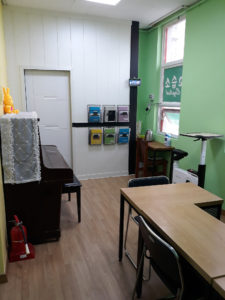
Since Pine Tree English has been supplemental income and not my main source of income, I have been able to choose to stay closed for the past three months. The coronavirus itself and pressure from the Ministry of Education have made me excessively nervous. I have been so worried about “getting in trouble.” I have, however, used this time to re-evaluate my curriculum and develop additional computer skills. The COVID-19 situation has improved greatly in Korea, and I am eagerly looking forward to finally re-opening my English learning center.
Epilogue
There you have it: three different stories from three different expats with their three different teaching experiences in this challenging time of coping with COVID-19. Lynne is continuing face-to-face classes at her school as the school continues to practice the guidelines set forth by the government. Kat’s hagwon reopened on April 6 and saw a gradual return of its students. An unexpected side effect for the school has been that, with the online-only instruction at public schools during the same period, her school has experienced a highly increased rate of new students. Analyzing the public school situation, Jessica has set June 1 as the date that her learning center will reopen. We hope that all goes well for them and for everyone in a private academy-related situation in Korea as the nation adapts to the “new normal” in coping with COVID-19.
THE EDITOR
David Shaffer has been a resident of Gwangju and professor at Chosun University for many years. He has been with KOTESOL since its early days and is a past president of the organization. At present, as vice-president of the Gwangju-Jeonnam Chapter of KOTESOL, he invites you to participate in the teacher development workshops and their regular meetings (in-person and online). Dr. Shaffer is currently the chairman of the board at the Gwangju International Center as well as editor-in-chief of the Gwangju News.




